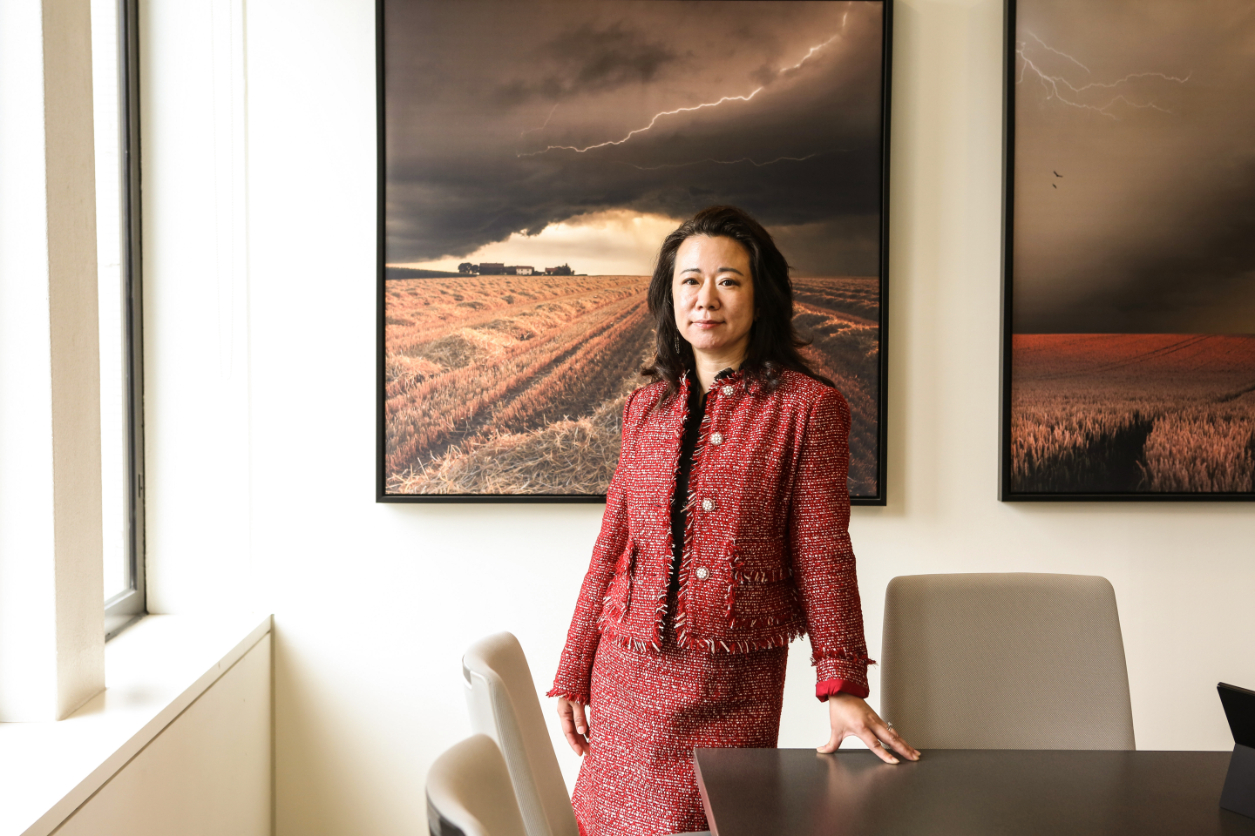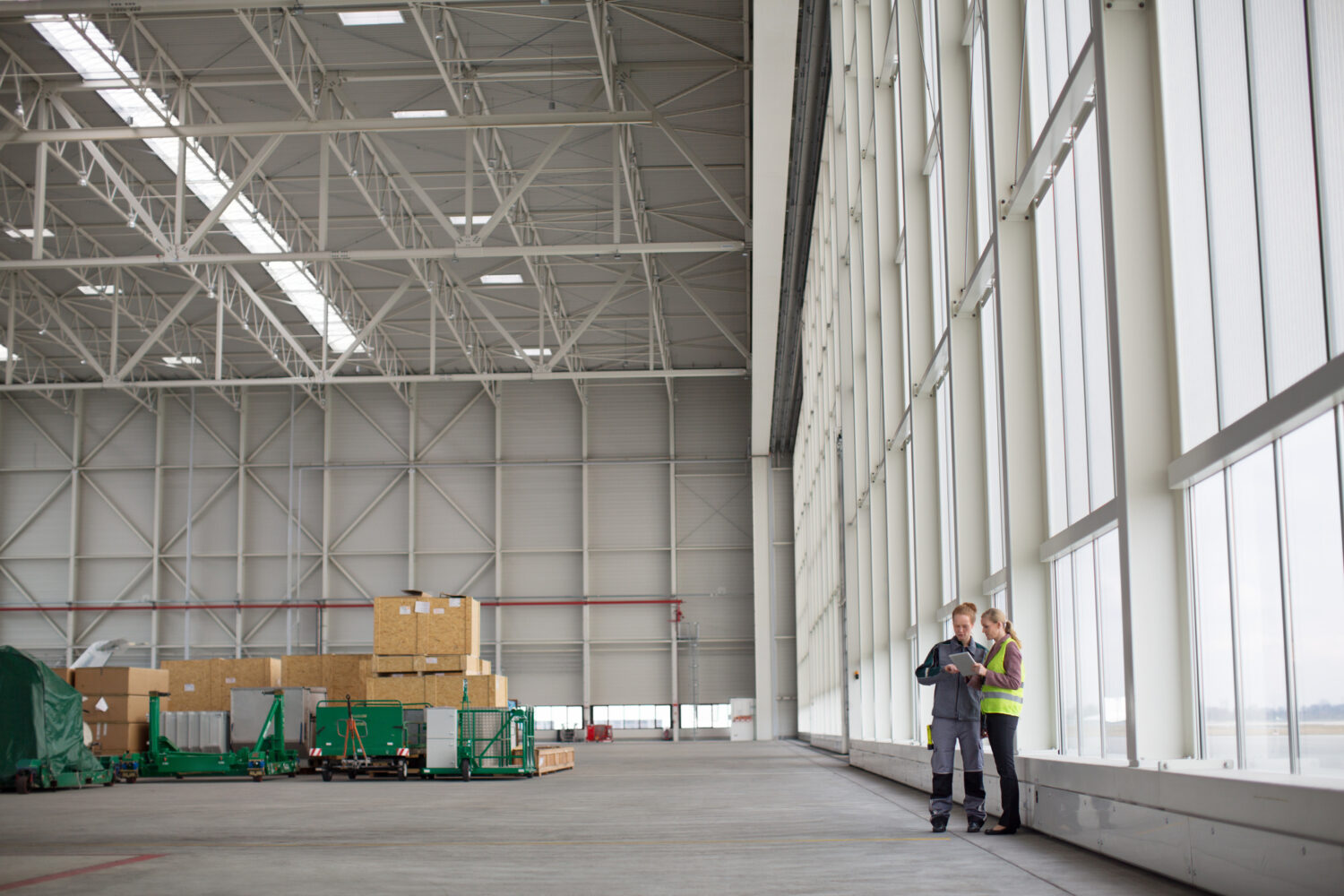
Asian-Australian investors have often shown a different approach to investment than other Australian investors. In particular, Chinese-Australian investors have a long history of being largely self-directed with their investment choices with a risk appetite that prefers long-term asset classes, such as property. They tend to take a holistic view of the economy and form a view of what’s happening in Australia compared to the rest of the world, noting how it is different and how they can benefit from it.
The most prominent discussion over the past year has been about how to increase the value of their wealth while keeping an eye on inflation. Asian investors were generally comfortable holding cash investments, but in considering that money might not be worth as much as tomorrow, many turned to other opportunities, including stocks, which they may have shied away from in the past.
It’s hard to see the stock market performing in 2022 as it has in previous years, plus upward inflation will affect returns, so investors with a lower risk appetite are likely to pursue more stable and secure investments that see growth over time. Which brings us to…
Property – but not as you know it
Property has long been favoured for its tangibility, reliability and longevity. In general, this has less to do with pursuing the high returns and more to do with long-term investment so that future generations can benefit. In saying that, sectors of the Australian property market have also seen huge growth during the pandemic.
Property as a preferred asset class is likely to remain the case, especially as it is less impacted by inflation than other asset classes. However, there will be a few key shifts. First, a movement away from residential property to commercial – considered a good area for investment as a driver of Australia’s economy. Segments outside of residential property are experiencing stable growth, and commercial opportunities range from offices to childcare centres.
However, due to low stock and higher purchase prices for commercial property, investors tend to use property funds to spread their exposure. This way they can be part of the growth but not physically tied to an individual residential property, which comes with greater risk and yields the highest returns only when sold.
Rebuilding Australia
In my years of working with Asian investors, I have observed their tendency to look for investments that benefit society. They shouldn’t just look at promised returns as these can only be realised if they’re investing in the right industry. As their fund manager, you need to make sure you understand this element, so returns are not the only factor presented – ethical aspects matter too.
This broadens investment scope into industries set to mature in a post-pandemic economy. The three to look at are:
Construction: Many projects that had paused are now going ahead and need investment, particularly as labour and supply becomes tight. For those who don’t want to invest in completed property, involvement in construction projects is a good way to generate returns.
Health care: While the health care and medical sectors saw a surge in investment during the pandemic, particularly in research and manufacture, take a wider look at this area and identify investments that support this field, such as allied health, elective surgery, seniors care, infrastructure and technology.
Logistics: On a similar note, logistics has risen in importance over the past two years. This is a sector that will only see increased demand once the country opens up, thanks to eCommerce and supply chain improvements. Assets include real estate such as warehouses, but again, there are also opportunities in infrastructure and technology.
Proceed with caution
Two other areas heavily impacted by the pandemic – hotels and education ¬– are worth further investigation now that we are emerging from the worst effects. New and existing five-star hotels are not being used to capacity, and this segment of the hospitality industry is set to rebound post-pandemic.
Similarly, education was a big income stream for Australia that dried up during the pandemic; while there is some optimism about the recovery of this industry, continuing uncertainty around international enrolments means it’s best to proceed with caution.
Anyone can promise investors high returns, but it’s how you deliver on your promise and understand their risk appetite to best understand work with them.
—
About Grace Tsui
Grace Tsui is a Director at Jameson Capital (jamesoncapital.com), an Australian-based alternative asset management firm. A wealth management expert with executive experience – formerly founding CEO of an independent wealth management company and managing director of an ASX-listed company – Grace has extensive knowledge in the financial services industry spanning HSBC, Citibank, ANZ and Westpac, where she and her team managed a client portfolio of more than $10 billion in funds. Grace also holds deep connections with ultra-high-net-worth individuals in Australia and abroad.



